Secret Memo Fails to Address Reasonable Doubt or Burden of Proof
 Friday, April 4, 2008 at 09:46AM
Friday, April 4, 2008 at 09:46AM By Alicia Hope / GangsterGovernment.com
 Any competent lawyer could easily defeat the government's case in front of 12 jurors. The fact that these detainees were threatened in military tribunals with the death penalty, while not being shown the evidence against them, is suspicious(at the very least)!! It is really an indication and evidence that the government knows that it has no case! Oh, I forgot to mention that some detainees were tortured and forced to confess to involvement in the 9/11 attacks. Would those type of confessions hold up in front of a jury of twelve? I think not!
Any competent lawyer could easily defeat the government's case in front of 12 jurors. The fact that these detainees were threatened in military tribunals with the death penalty, while not being shown the evidence against them, is suspicious(at the very least)!! It is really an indication and evidence that the government knows that it has no case! Oh, I forgot to mention that some detainees were tortured and forced to confess to involvement in the 9/11 attacks. Would those type of confessions hold up in front of a jury of twelve? I think not!
When anyone is making a bold claim, it is not someone else's responsibility to disprove the claim, it is the responsibility of the person who is making the bold claim to prove it. In this case, that would be the U.S. government and they can't prove Al-Qaeda carried out the attacks on 9-11-2001. In fact, if the defense were to bring to the hypothetical court room some experts on physics and architecture(i.e. Stephen Jones and Richard Gage), the government's whole case would fall apart because there would now be reasonable doubt in the minds of the jurors that the defendants or Al Qaeda had anything to do with the collapse of the WTC buildings!
In fact, the clear and convincing evidence would point to an inside job! And 9/11 Truth is not old news! It's quite relevant!
ACLU Lawyers need to get these cases in front of a jury! With more than half the country doubting the official 9/11 story, many detainees would be less likely to end up as fall guys for the crimes of the real evil-doers!
Attorneys for soldiers charged with abuse at Iraq's Abu Ghraib prison said they should have received copies of the memo as part of the legal-discovery process, and argued that it shows that the highest levels of government condoned activities that were later practiced in U.S. detention facilities abroad.
One section discussed to what extent the president might be allowed to legally maim a prisoner, such as through the use of a "scalding, corrosive, or caustic substance." A footnote argued that Fifth Amendment guarantees of due-process rights "do not address actions the Executive takes in conducting a military campaign against the Nation's enemies."
No court has ever ruled that the Fourth Amendment does not apply to the military, said Jameel Jaffer, national security director at the American Civil Liberties Union. "In general, the government can't send an FBI agent to search your home or listen to your phone calls without a warrant, and it can't send a soldier to do it, either," Jaffer said. "The applicability of the Fourth Amendment doesn't turn on what kind of uniform the government agent is wearing."








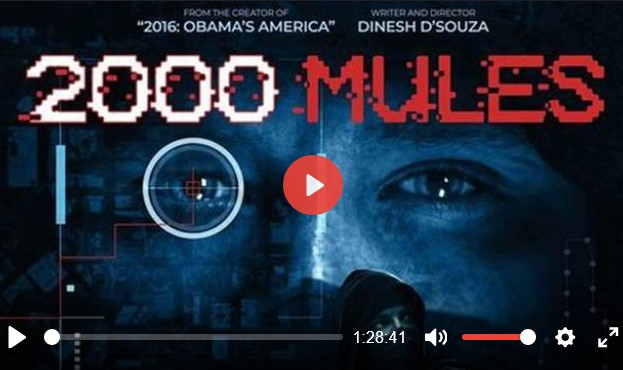






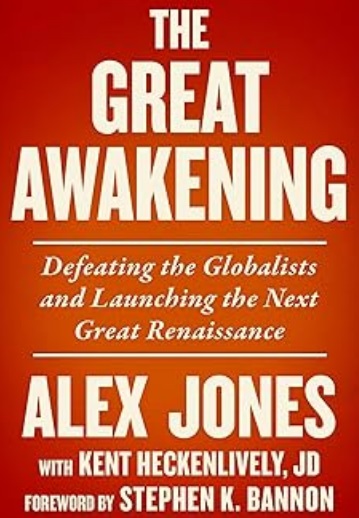
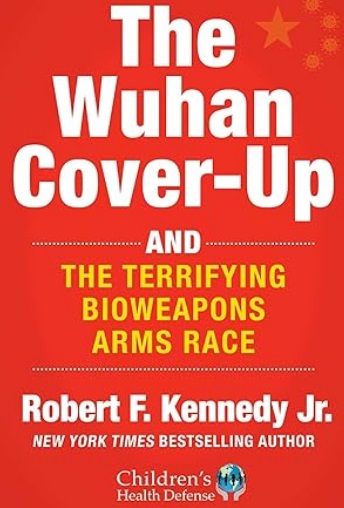

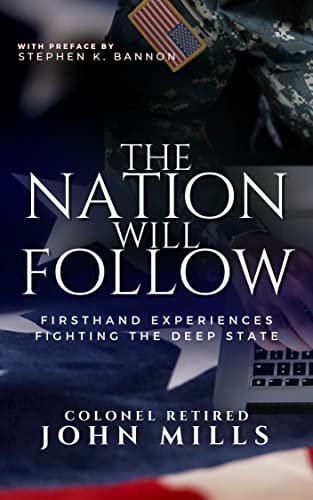
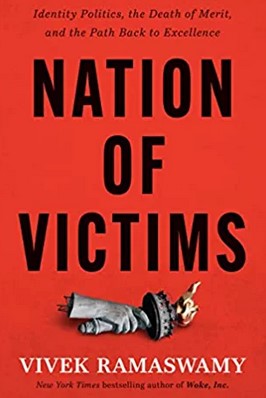
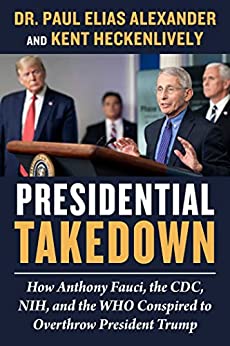

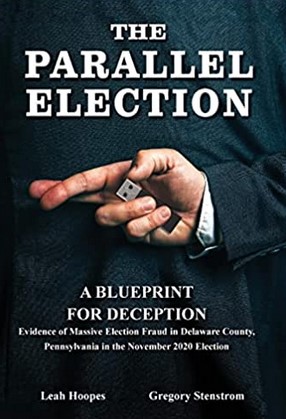


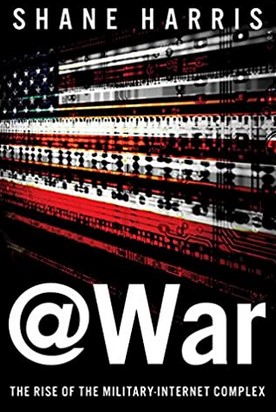




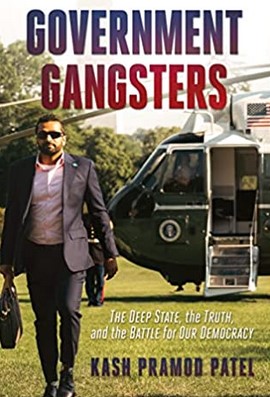
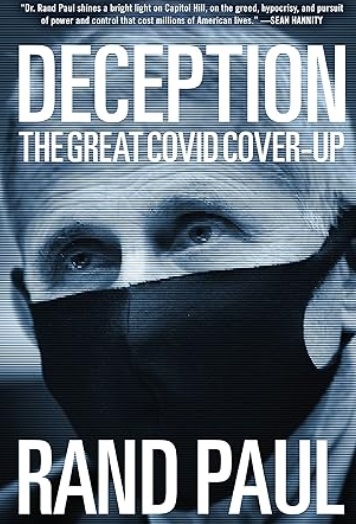



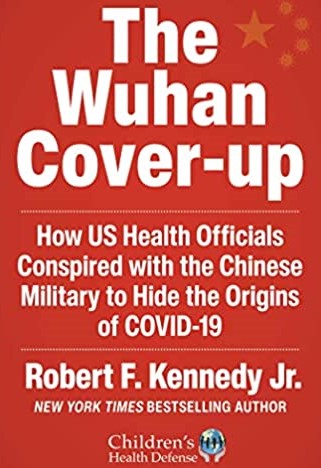

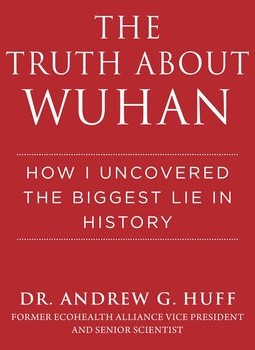


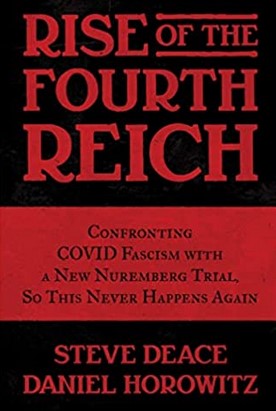
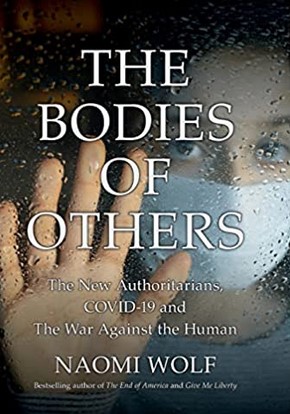
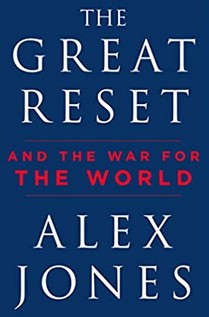

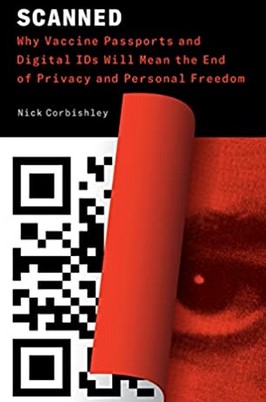

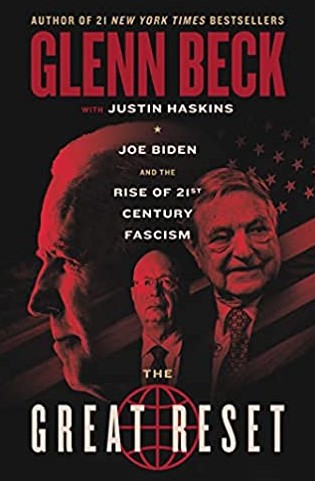






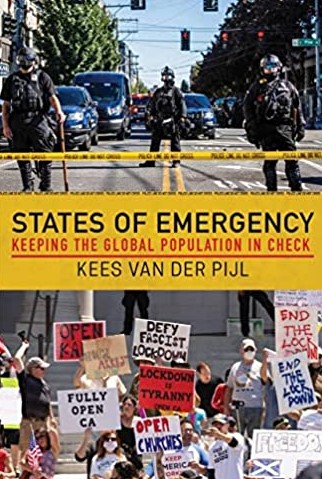
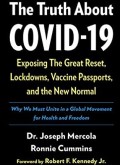
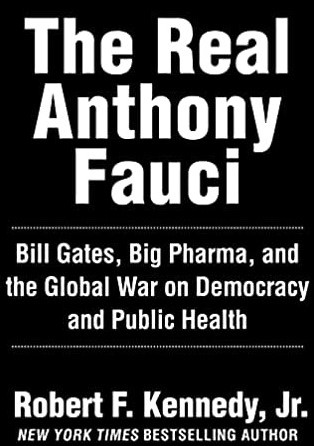
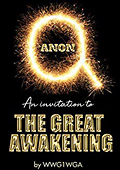

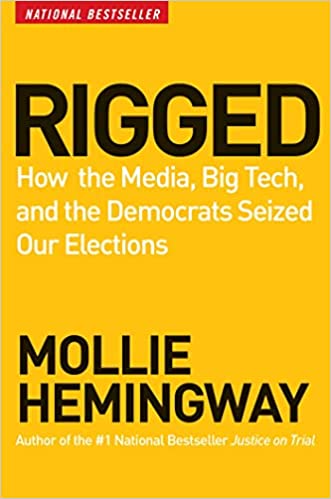
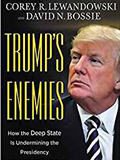

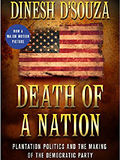
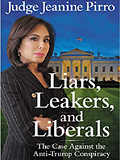

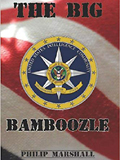
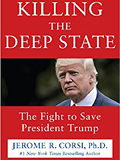
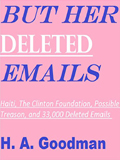
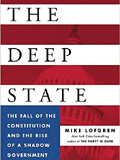
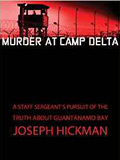
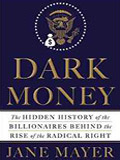


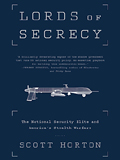

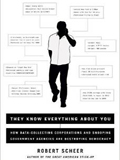

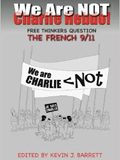



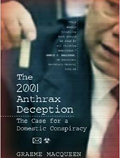
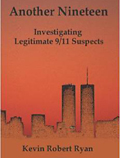
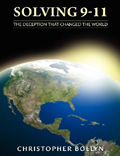
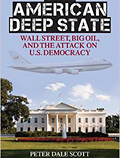

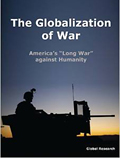
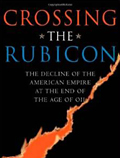
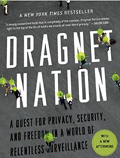
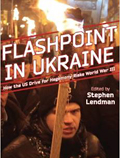

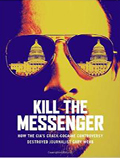

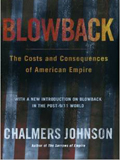



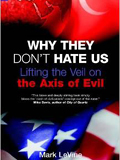
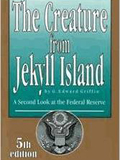

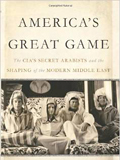

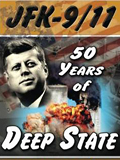
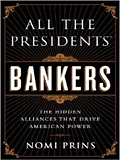




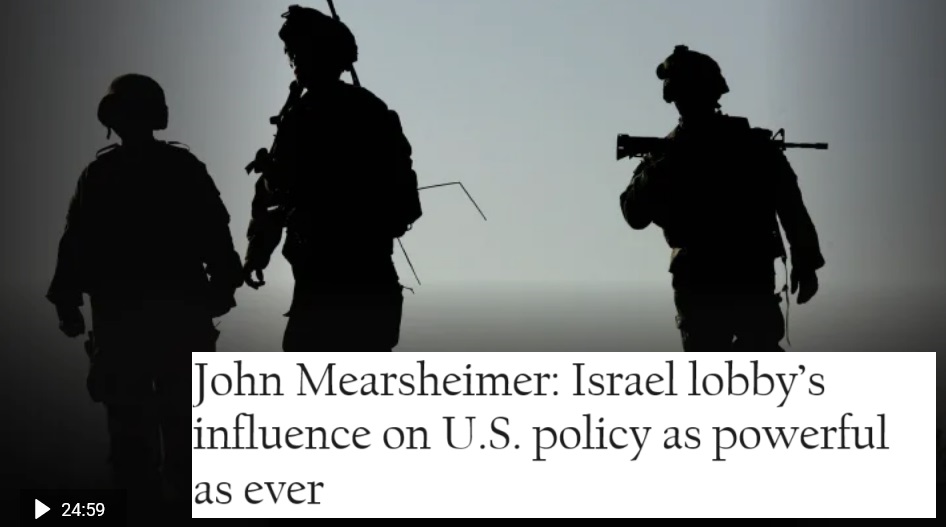











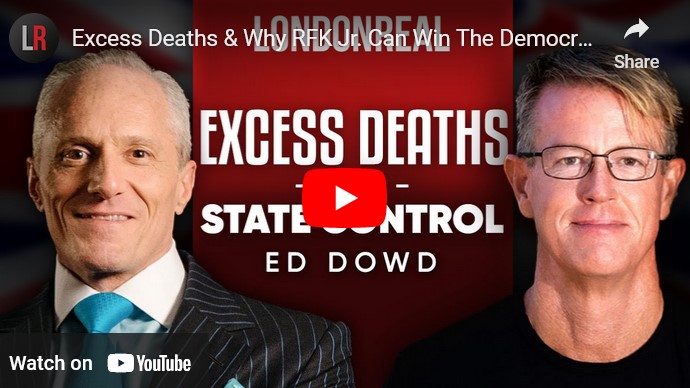






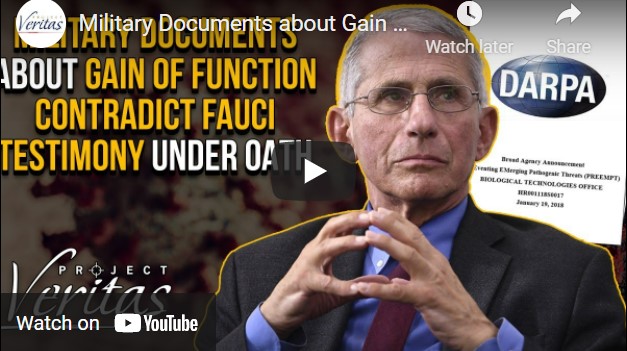


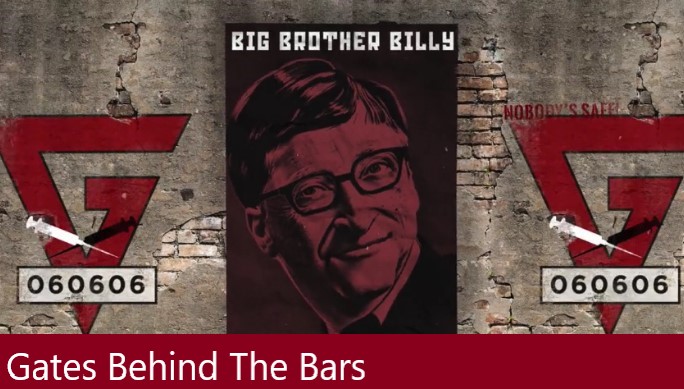


Reader Comments